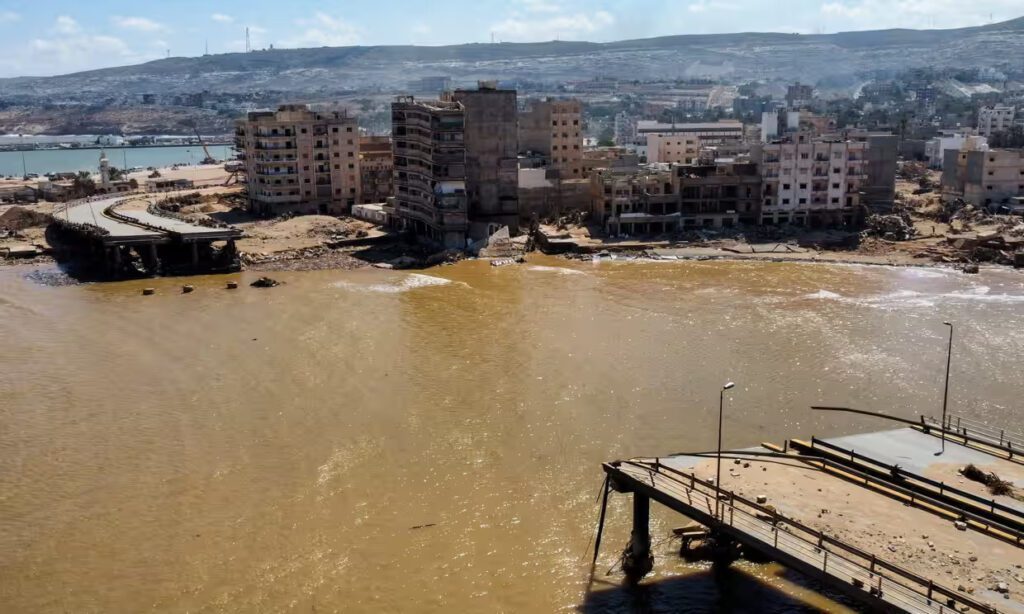
Catastrophic events such as flash floods in Africa and wildfires in Europe and North America have prompted senior scientists to question humanity’s capability to address the climate crisis it has instigated.
According to James Hansen, a former NASA scientist, the year 2023 will be remembered as the juncture where governments’ inadequacies in tackling climate change were laid bare.
[adinserter name="One"]Despite record-high temperatures, global warming persisted and even accelerated, marking a new frontier in climate with temperatures surpassing those of the past million years.
Hansen underscores the necessity for a generational shift in leadership, hoping that young people will seize control of their future.
[adinserter name="Two"]The glaring disparity between scientific warnings and political action is disheartening, with world leaders taking nearly three decades to acknowledge the role of fossil fuels in the climate crisis.
The UN Cop28 summit culminated in a feeble call for transitioning away from fossil fuels.
[adinserter name="Three"]2023 is poised to be classified as the hottest year on record, with temperatures exceeding those of the previous record set in 2016.
The Japanese meteorological agency recorded temperatures 0.53°C above the global average between 1991 and 2020.
[adinserter name="Four"]The year witnessed six consecutive months of record warmth, including the northern hemisphere’s warmest summer and autumn.
The US National Oceanic and Atmospheric Administration forecasted a greater than 99% chance of 2023 being the hottest year.
The rapid pace of climate change has unsettled seasoned climate observers, with 2023 marked by extreme climate events such as heatwaves, droughts, floods, and fires.
[adinserter name="Five"]Prof. Johan Rockström warns that the Earth may be entering uncharted territory, with a potential shift in response to human pressures.
Sea surface temperatures have sharply risen, raising concerns about a potential state shift or an anomaly.
Antarctica has experienced swift changes, including the lowest extent of sea ice measured by the new Brazilian scientific module, Criosfera 2.
[adinserter name="Six"]Human-induced climate change has triggered alarming dynamics between the poles and the tropics, leading to unprecedented storms and floods.
Climate professor Raul Cordero notes the widespread effects of heat across South America, from water stress in Uruguay to record-breaking fires in Chile and severe drought in the Amazon basin.
[adinserter name="Seven"]The deadliest climate disaster in 2023 was a flood in Libya, claiming over 11,300 lives.
Forest fires ravaged record areas in Canada and Europe, while Lahaina on Maui island witnessed the deadliest wildfire in recent US history.
[adinserter name="Eight"]Economic costs surged as well, with the US breaking its annual record of billion-dollar disasters by August.




